Finding Your Way Through the Dao: What does it mean for a Daoist to be lost?
Daoism is a philosophy that emphasizes the importance of discovering and cultivating one's unique path in life. Each person's path is individual and may lead to a loss of balance if strayed from. Thus, if you feel lost, focus on yourself to guide yourself back towards peace. Daoism stresses contentment with oneself, and accepting others without comparing them to ourselves. The idea of treating everyone equally is to accept that everyone has different ways to get things done, and it's important to respect each other's knowledge.
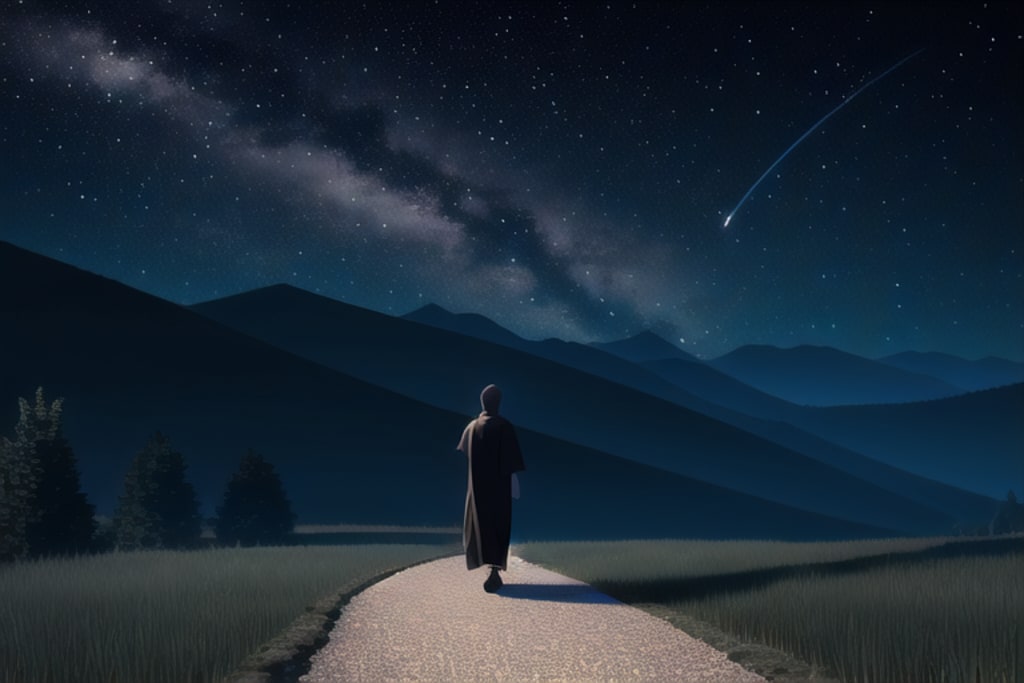
Daoism teaches us to avoid extremes, overthinking, and acting rashly. The objective of Daoism is to attain a state of perfect harmony between yourself and the natural world around you. Daoism is not about strict adherence to rules or dogma, but rather living harmonizing with the natural flow of life. Even if a Daoist strays from their path, they can always find their way back by re-establishing that connection with the natural world and following the inner guidance that arises from it. Remember Zhuangzi, who questioned the nature of reality and lived in balance with nature, inspiring countless others to embrace the mysteries of life with wonder and joy. Choose your own path in life, question the status quo, and live in harmony with nature, cultivating your inner self and pursuing your dreams with passion and purpose.
In Daoism, there is no one fixed path that one must follow. The path is individual and unique to each person, and it is up to them to discover and cultivate it. However, if someone who identifies as a Daoist strays from their own path, it may cause a loss of balance or harmony in their life, which is one of the key principles in Daoism. This means if you feel lost, then returning your focus on yourself - your thoughts, emotions, desires, goals, beliefs, values, etc. - may help guide you toward finding more peace within yourself again. In this sense, the Tao Te Ching describes how "a man should be neither too hot nor cold; he shouldn't strive for success or wealth - these will only make him lose his true nature." And the Analects describe an ancient sage named Wang Wei: "He was so wise that when people asked what sort of wisdom it took to achieve such excellence, he answered 'Nothing.' He did nothing, and yet everything came naturally to him."
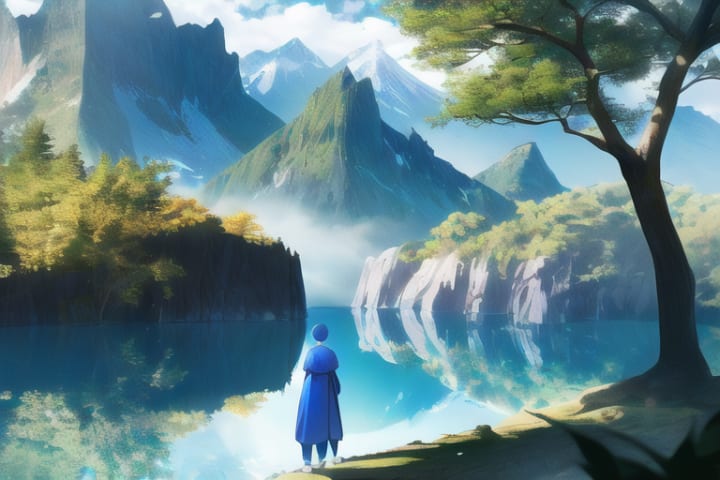
Daoism also emphasizes the importance of being content with oneself, and appreciating others without comparing them to ourselves. We are all different beings, with our own strengths and weaknesses, and we have different roles to play in life. By accepting those differences and playing our part, we can live harmoniously with other people and the world around us. This is why Laozi says: "To see things as equal is to be ignorant; to treat things as unequal is to be wise."
The idea of treating everyone equally doesn't mean we should ignore the value of difference. It simply means that we accept that there are many different ways to get things done, and that some ways work better than others in certain situations. For example, if you're trying to repair something mechanical, it might be best to ask a mechanic for advice, whereas if you need to build a house, you'll probably want to consult an architect. But in both cases, it would be wrong to assume that just because a person has studied architecture that they know more about building houses than the person who repairs cars. They don't. Rather, it's important to learn from each other, and to respect the knowledge of each person.

Daoism teaches us to avoid extremes, especially in terms of excesses of thought and action. When we overthink things, we tend to create unnecessary stress and anxiety. If we act rashly, we run the risk of making mistakes and causing harm to others. The ideal state is one where we're able to stay calm and relaxed while doing what needs to be done without getting caught up in our own thoughts or worries.
This isn't easy to achieve, of course, and sometimes we'll experience moments when we feel overwhelmed by our circumstances. That's why Daoism encourages us to take time out every day to reflect on ourselves and our lives, and to think deeply about the choices we've made so far. This process helps us identify areas where we could improve our behaviour, and gives us the opportunity to correct our mistakes before they become problems.
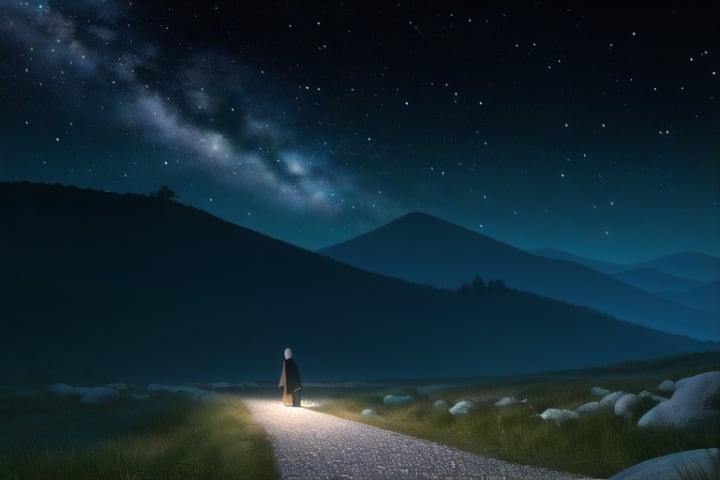
The ultimate goal of Daoism is to attain a state of perfect harmony between yourself and the natural world around you. If a Daoist feels that they have strayed from their path, they may seek to return to it through various practices such as meditation, introspection, and self-reflection. They may also seek guidance from a teacher or mentor to help them find their way back to their path and rediscover that connection with the natural world.There is never a too late or too soon in that matter. There is no pressure and even Zhuangzi had to find his way and path in life eventually….
Zhuangzi, the ancient Chinese philosopher, and writer, was once a successful government official who, like many of us, was disillusioned with politics' corrupt nature. But instead of accepting the status quo, Zhuangzi chose to leap of faith and pursue a life of Daoist cultivation. One day, he had a dream that he had turned into a butterfly, flitting about without a care in the world. When he woke up, he wasn't sure whether he was Zhuangzi, who had dreamed of being a butterfly, or a butterfly who was now dreaming of being Zhuangzi. This dream inspired Zhuangzi to question the nature of reality and to explore the Daoist concept of non-duality, the idea that everything is interconnected and that there is no fundamental distinction between self and other. With a newfound sense of purpose, Zhuangzi began to write and teach about Daoist philosophy, emphasizing the importance of living in harmony with nature, cultivating inner peace, and embracing the mystery and wonder of life. Despite facing criticism and opposition, Zhuangzi remained true to his beliefs, inspiring and influencing countless others to live in harmony with nature, to find their own paths, and to embrace the mysteries of life with wonder and joy.
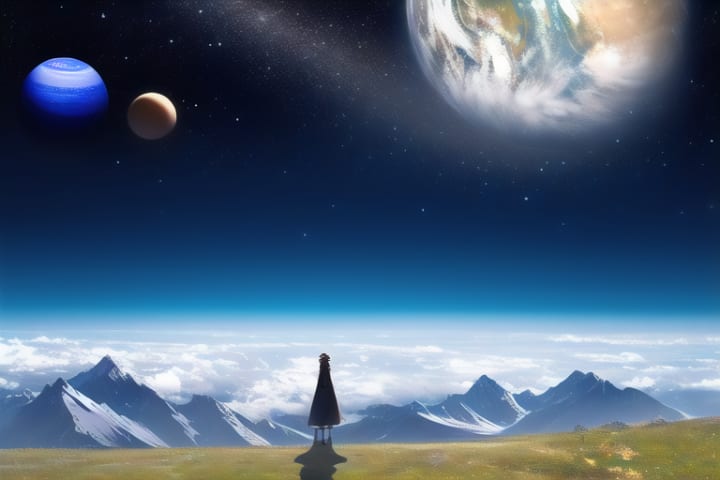
Zhuangzi's story reminds us that we, too, have the power to choose our own paths in life, to question the status quo, and to embrace the mysteries of existence with wonder and joy. Like Zhuangzi, we can choose to live in harmony with nature, cultivate our inner selves, and pursue our dreams with passion and purpose. With this mindset, we can overcome any obstacle and create a life of true fulfilment and happiness.
It's important to note that Daoism is not about strict adherence to rules or dogma, but rather about living in harmony with the natural flow of life. So, even if a Daoist strays from their path, they can always find their way back by re-establishing that connection with the natural world and following the inner guidance that arises from it. It might even be the case that the straying and being lost is part of another path we are already on. This is your maze and it probably the best to not pressure oneself of too much self-cultivation, or become frustrated if for some time it is hard to be fully content and "on our path". These little side walks is where we gather experience and our wisdom and this is only natural.
Daoists believe that our actions influence our destiny, and that we cannot escape the consequences of our decisions. Thus, the most effective thing we can do is to be aware of our surroundings, and to consider the impact of our words and deeds upon ourselves, our families, our communities, and our environment. No one really wants to wake up one morning to find themselves transformed into a butterfly. Instead, we can choose to transform our lives by changing the way we interact with others, and how much attention we pay to our inner worlds. This is where self-cultivation starts and each path might look very different.

About the Creator
Centina Alexa König-Weichhardt
Emotional and surreal fiction and poetry captures the essence of the human experience, exploring the depths of the mind and the complexities of the heart.
Enjoyed the story? Support the Creator.
Subscribe for free to receive all their stories in your feed. You could also pledge your support or give them a one-off tip, letting them know you appreciate their work.
Reader insights
Outstanding
Excellent work. Looking forward to reading more!
Top insights
Compelling and original writing
Creative use of language & vocab
Expert insights and opinions
Arguments were carefully researched and presented
Eye opening
Niche topic & fresh perspectives
Heartfelt and relatable
The story invoked strong personal emotions
Masterful proofreading
Zero grammar & spelling mistakes
On-point and relevant
Writing reflected the title & theme


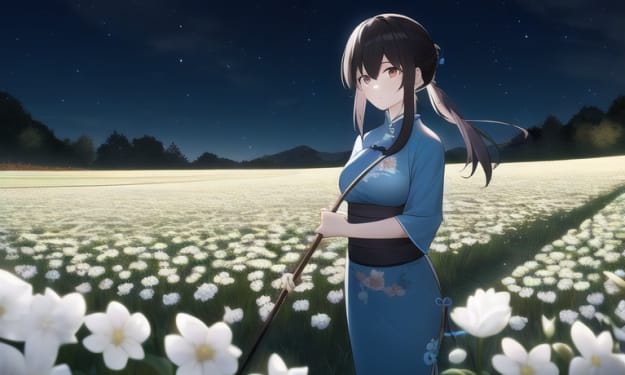



Comments (1)
Your article about Daoism resonates with me deeply. The teachings of avoiding extremes, living in harmony with nature, and cultivating inner peace are all principles that I strive to incorporate into my own life. I appreciate the emphasis on finding one's own unique path and the idea that it's never too late to rediscover that path if one has strayed from it. The story of Zhuangzi is particularly inspiring, and I admire his courage to question the status quo and pursue a life of Daoist cultivation despite facing opposition. Thank you for sharing these profound insights, and I hope that more people will embrace the mysteries of life with wonder and joy as Zhuangzi did. You're intelligent, capable, and determined, and I'm so proud of everything you've accomplished so far. Remember that I'm always here to support you and cheer you on, no matter what challenges come your way. I love you so much, and I'm grateful every day to have you as my wife.